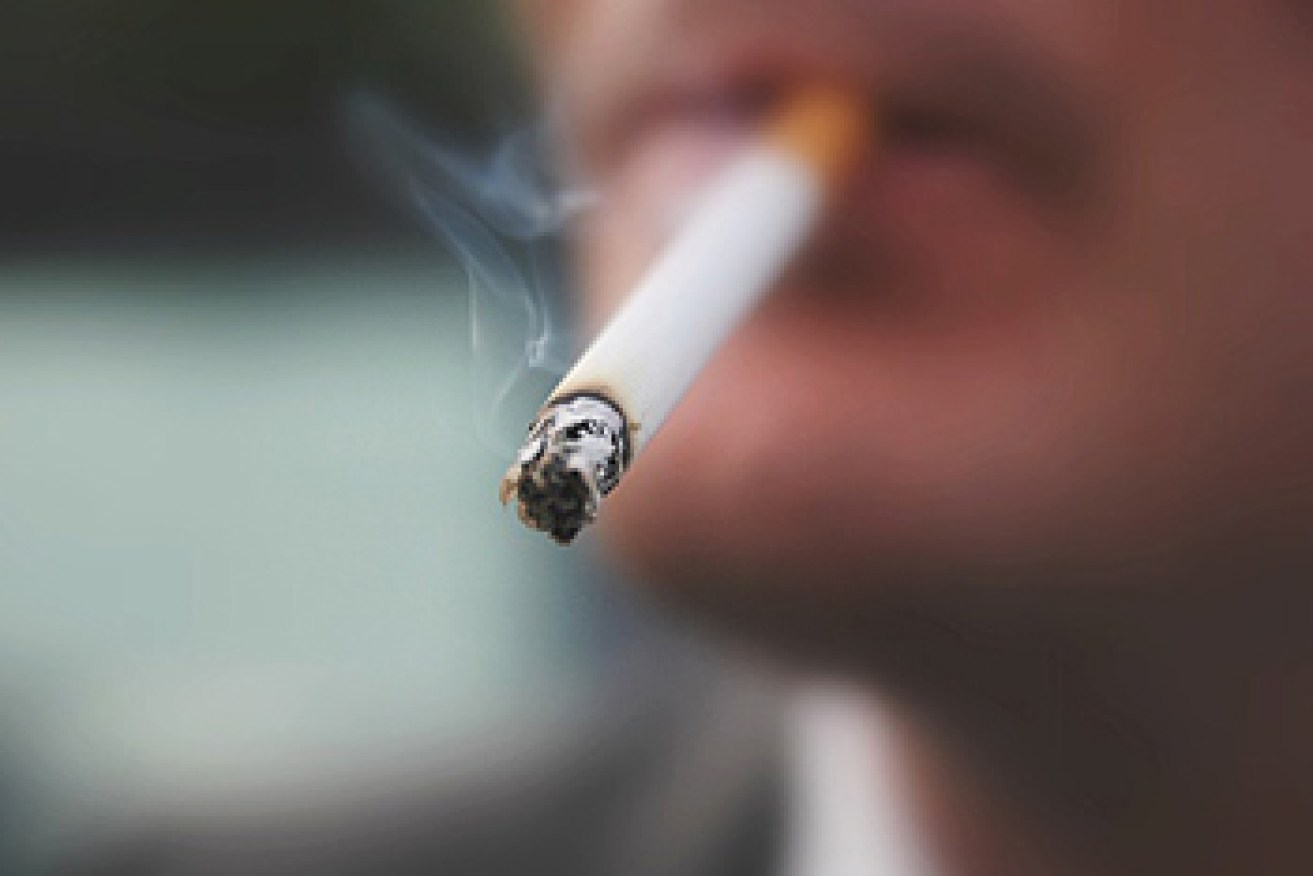Why Labor’s tobacco tax could be an alcopop flop


Caption. Photo: Getty
Labor’s new plan to increase the excise rate on tobacco will provoke an emotional response in many people – it’s natural to be outraged by the addiction, health effects and premature deaths caused by tobacco.
The problem is, outrage sometimes leads to sloppy law-making and can cause more harm than it reduces.
A powerful example was seen under the Rudd government in the form of the ‘alcopops tax’.
• We should terror-proof our energy grids
• A glass half full for the Paris conference
• How you can dob in dodgy housing investors
What caused the outrage was large numbers of young Australians getting drunk on the soft-drink-like pre-mixed spirits, which usually contain more alcohol by volume than beer.

Labor claims it wants to improve public health. Photo: Getty
But there’s another drink that contains more alcohol than either beer or pre-mixed spirits – bottles of neat spirit, for that is what many teens turned to when they realised what a rip-off alcopops had become.
A 2013 study by the University of Queensland’s School of Population Health stated that “one interpretation of these findings is that price influences average consumption of all drinks, but not risky consumption on a single occasion” – that is, there was no drop in the number of alcohol-related injuries presented at emergency departments under the alcopop tax.
Bottleshops were reportedly taping bottles of soft drinks to bottles of spirits to sell to alcopop fans, and other reports suggested the price hike had led to an increase in the use of pill-based drugs such as ecstasy.
The alcopops tax was collecting approximately $1 billion a year when the University of Queensland study was conducted, but its social and health outcomes were arguably worse than before the tax was imposed.
So outrage as a basis for law-making can backfire pretty badly.
But what about raising the excise on cigarettes from 57 to 75 per cent? Will its net effect be good or bad?
The usual tests of a ‘good’ tax apply here as much as anywhere.
The first question economists ask is how easy it is to collect. The answer in this case is ‘very easy’, because the 57 per cent excise is already being collected every day.

The risk is that the ciggie tax slugs the poor, rather than forcing them to quit. Photo: Getty
The second question is how much it will distort economic activity. The answer in this case is ‘quite a bit’, which is a good thing – it is supposed to crimp demand for the deadly cancer-sticks.
Unlike alcopops, there is no clear substitute for a cigarette (except perhaps e-cigarettes). That said, addictive behaviour in humans is not simple. Popping out for a ciggie could potentially become popping out to place a bet on the horses, for instance.
Then there’s the most problematic question in this case: is the tax regressive or progressive. That is, will it mainly harm poorer people?
Shadow Treasurer Chris Bowen tackled that question “head on” when he launched the policy alongside Opposition Leader Bill Shorten and Shadow Health Minister Catherine King.
His answer was: “Poor people do smoke more. Poor people die earlier. That’s unacceptable to us in the Labor Party … There are a number of reasons that’s the case, but smoking is right up there [as a cause].”
Well that’s all true, which would be a good reason to promise to ring-fence much of the $3.8 billion the tax hike would raise to spend on improving lower socio-economic groups’ health outcomes.
That is not what Labor is proposing at this stage, saying only that the money would help “consolidate revenue”.
Labor’s modeling assumes the price hike would double the rate at which people gave up smoking – if that turned out to be the case, there could be substantial savings in the federal and state health budgets.

The tax could hit Labor’s core of working-class voters. Photo: Getty
But is the modelling correct? In Question Time, Prime Minister Malcolm Turnbull called on Labor to release its full costings of the policy, presumably to see where those assumptions come from.
He also challenged Labor to state clearly whether it thought the change was “regressive or progressive”.
Labor has not answered that question with its “poor people die earlier” line.
As with all apparently enlightened policies, it’s the material outcome that matters, not the noble intentions that inspired the policy – as the alcopops example shows.
The material outcome that Labor hopes for is: less smoking, more revenue, less health spending, and all with only a mild impact on the budgets of poorer Australians.
Until more detail is provided, however, there is a danger the policy will not reduce the consumption of this highly addictive substance as much as planned.
If smokers don’t cut down as much as expected, the extra tax revenue raised would be larger, and perhaps could help on the health spending front.
But the biggest risk of all is that poorer Australians continue to die earlier, and end up shouldering a bigger proportion of the nation’s tax burden along the way.









